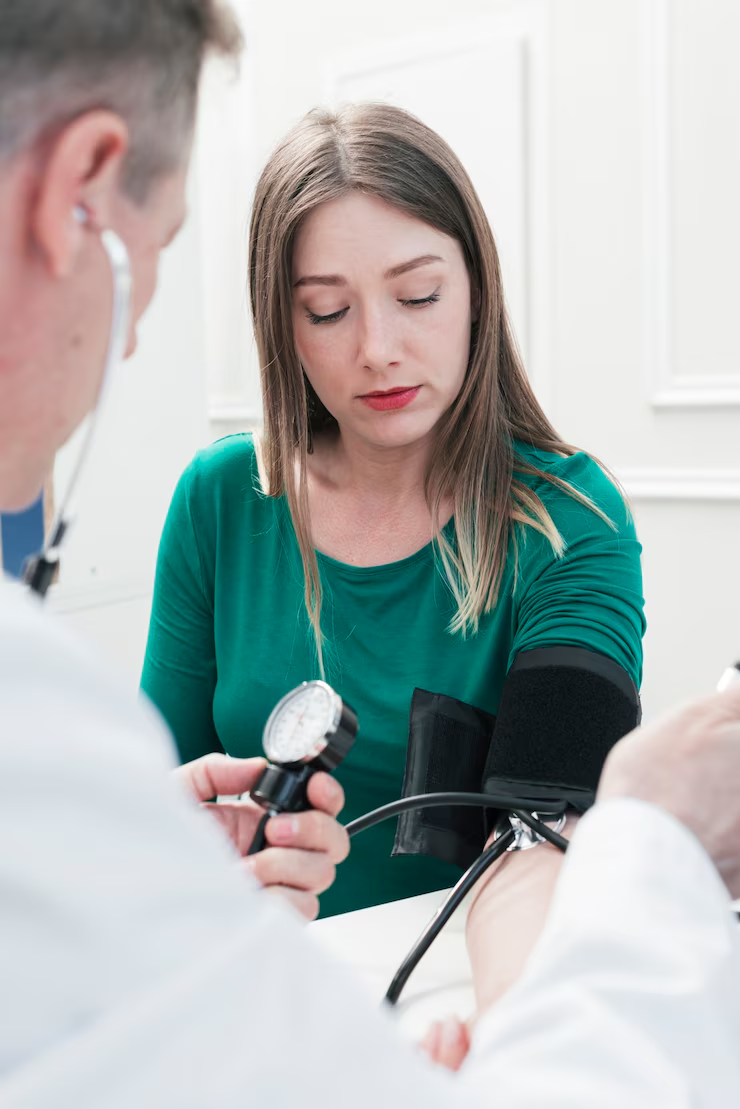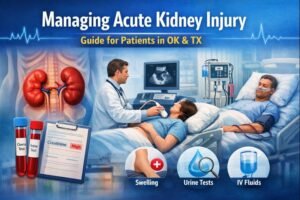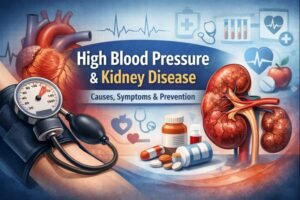Managing hypertension is not just about protecting your heart—it is also key to preserving kidney health. High blood pressure puts a steady strain on your kidneys, quietly damaging the vessels that filter waste. Over time, this can lead to chronic kidney disease without clear warning signs. By understanding how closely these systems are connected, we can take early action to avoid long-term complications. Prevention starts with knowledge, and a healthy future begins with awareness.
Why Blood Pressure Control Is Critical for Your Kidneys
Your kidneys depend on steady, healthy blood flow to do their job. When blood pressure rises, the vessels in your kidneys take a direct hit. Over time, this pressure can damage the filters that remove waste from your blood. Without control, the risk of chronic kidney disease increases significantly. That is why managing hypertension is one of the most important ways to protect your kidney health. It is not just about avoiding numbers on a chart—it is about preserving function, avoiding dialysis, and staying ahead of irreversible damage. The sooner we control blood pressure, the more we can protect the kidneys long-term.
How Hypertension Damages Kidney Function Over Time
High blood pressure does not cause immediate symptoms, but its long-term effects on your kidneys can be serious. Constant pressure forces the small blood vessels in your kidneys to work harder, which leads to scarring and reduced filtering ability. As kidney function declines, waste builds up in the body, and the cycle of damage accelerates. Managing hypertension early interrupts this cycle before it becomes dangerous. Left unchecked, high blood pressure can lead to end-stage kidney disease. That is why routine monitoring and early treatment are essential steps toward protecting your kidney health—before the damage becomes permanent.
Steps You Can Take to Lower Blood Pressure Naturally
You do not need a complete lifestyle overhaul to make a real impact. Small, steady changes often bring the best results. Start by reducing sodium—processed foods and restaurant meals are often the biggest culprits. Add more fresh fruits, leafy greens, and whole grains to your meals. Regular exercise, even just walking for 30 minutes a day, helps lower stress and support heart and kidney health. If you smoke, quitting can reduce strain on your blood vessels almost immediately. Managing stress with breathing exercises or meditation may also help. Of course, consistent blood pressure monitoring is key. The more you know your numbers, the better equipped you are to make smart choices. Managing hypertension begins with daily habits that support a healthier, more balanced life.
When Medication Becomes Part of the Plan
Lifestyle changes go a long way, but sometimes they are not enough on their own. When that happens, medication can step in as a powerful tool for managing hypertension. There is no one-size-fits-all option—your provider will choose what works best for your needs, medical history, and kidney health goals. Medications help lower pressure on blood vessels, giving your kidneys the break they need to function properly. The key is consistency. Taking prescriptions as directed and staying in close contact with your care team helps ensure the treatment works. It is not a failure—it is a proactive decision for your long-term health.
Staying Committed to Your Long-Term Kidney Health
Managing hypertension is not a one-time fix. It requires steady commitment, regular check-ins, and an active role in your health journey. Tracking your blood pressure, following your care plan, and making mindful daily choices all work together to protect your kidney health. The process may feel slow, but every effort matters. Staying engaged with your provider ensures adjustments can be made when needed. Long-term kidney protection is not about perfection—it is about showing up for your health, one step at a time.
Choose Prevention Over Progression
You have more control than you think. By managing hypertension early and consistently, you protect your kidneys from silent, long-term damage. Prevention starts with awareness—and leads to action. At Southern Oklahoma Kidney Center, we help you stay informed, supported, and one step ahead. Make the choice today to protect your kidney health for tomorrow.




